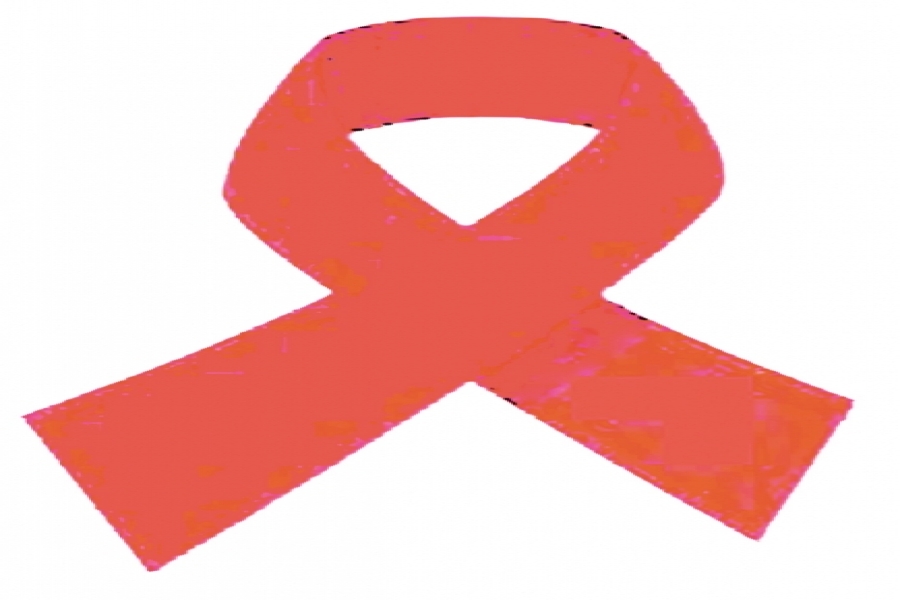Up until this week, people living with HIV (PLWH) were not eligible to receive the COVID-19 vaccine in Philadelphia. This was different from the rest of the commonwealth, which had made PLWH eligible in mid-January. Because of its relationship with the CDC, Philadelphia has different vaccine distribution from the rest of Pennsylvania, as well as its own set of guidelines. The city did not previously include HIV in its list of high-risk medical conditions that currently qualify a person for COVID-19 vaccination.
PGN’s Tim Cwiek wrote an article highlighting this disparity between PLWH in Philadelphia and those living in the rest of the commonwealth.
The city did the right thing, and one day after the PGN article was published, they updated their guidelines to include PLWH in group 1b, which is currently eligible for COVID-19 vaccination. While it should not have taken this long, it’s good to know that PLWH in Philadelphia are now rightly included among those whose medical conditions place them at high risk for COVID-19 complications.
The series of events served as a reminder that although HIV/AIDS treatment and prevention options are available, and although treatment can allow many PLWH to have a normal lifespan, it is still a serious medical condition and needs to be treated as such. Moreover, not every PLWH has access to healthcare and treatment. In 2019, for example, 81% of people newly diagnosed with HIV were linked to care within one month of diagnosis. However, retention in care was even lower than that, according to the Department of Public Health’s “HIV in Philadelphia” report published last October.
Hopefully the events of this week, in addition to allowing PLWH to get vaccinated in Philadelphia, will remind people that HIV/AIDS remains a serious illness despite the treatment options and despite prevention options like PrEP. We cannot get complacent in our efforts to help PLWH, and we cannot get complacent in our efforts to reduce the stigma attached to HIV/AIDS. Sadly, that stigma still exists in 2021.
